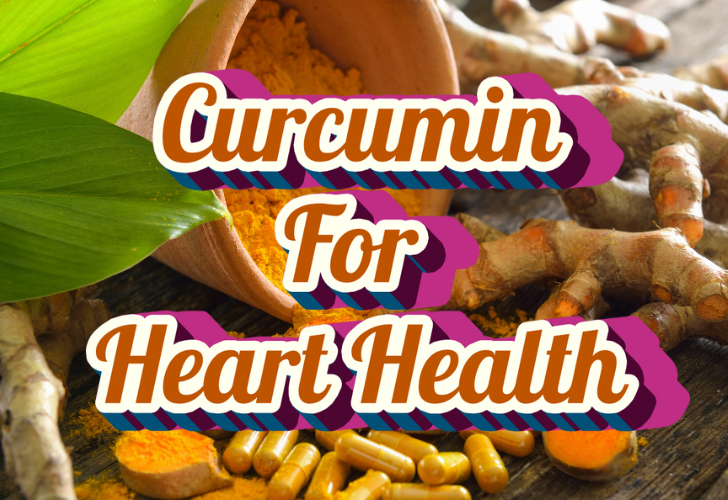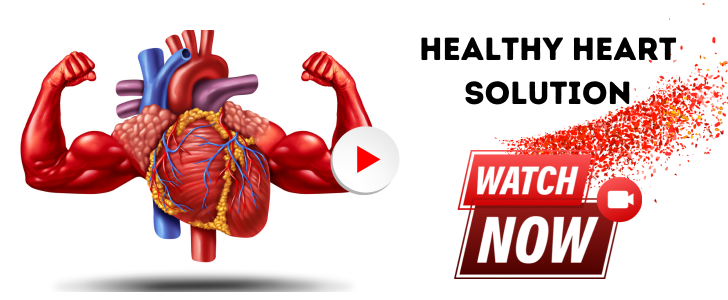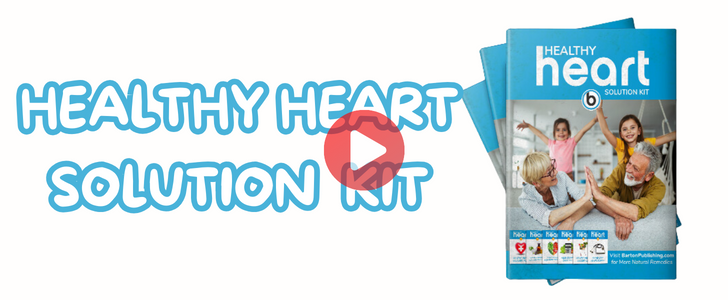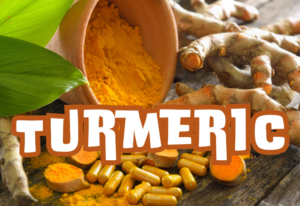
Unleashing the Power of Curcumin for Heart Health
Exploring Curcumin for Heart Health
Welcome, to a journey as we explore the incredible benefits of curcumin, the golden elixir from turmeric, for your heart health. We’ll dive into how this powerful compound can transform your cardiovascular system, who should be cautious, and how to maximize its benefits. Let’s make your heart as vibrant and powerful as you are!
What Does Curcumin Do for the Heart?
Curcumin, the active ingredient in turmeric, is nothing short of a miracle worker for your heart. It boasts potent anti-inflammatory and antioxidant properties, making it a formidable ally against cardiovascular disease. Chronic inflammation is a significant contributor to heart conditions like atherosclerosis, where plaque builds up in your arteries, leading to heart attacks and strokes. Curcumin combats this by reducing inflammation, thereby lowering the risk of plaque formation and arterial damage.
Moreover, curcumin’s antioxidant capabilities are like a defense shield for your cells. Free radicals, those pesky unstable molecules, can damage your cells and tissues, but curcumin neutralizes them, reducing oxidative stress and maintaining the integrity of your cardiovascular system. This means better overall heart function and resilience, ensuring your heart remains robust and healthy.
Who Should Avoid Curcumin?
Despite its myriad benefits, curcumin isn’t a one-size-fits-all solution. Pregnant and breastfeeding women should avoid curcumin due to insufficient safety data. Additionally, if you have gallbladder problems, bleeding disorders, or are on blood-thinning medications, steer clear. Curcumin can exacerbate gallbladder issues and increase bleeding risk due to its anticoagulant properties. Always consult with a healthcare provider before making it a part of your daily regimen.
Is Curcumin a Blood Thinner?
Indeed, curcumin acts as a blood thinner, making it a double-edged sword. Its anticoagulant effects can prevent blood clots, offering significant benefits for cardiovascular health. However, this also means it can pose risks, especially if you’re already on blood-thinning medications or have a bleeding disorder. It’s crucial to balance its benefits with potential risks, and professional guidance is essential.
Is It Safe to Take Curcumin Daily?
Taking curcumin daily can be safe and beneficial for many, provided it’s within the recommended dosage. Typical doses range from 500 to 2,000 mg of curcumin per day, often split into smaller doses. High doses over extended periods can lead to gastrointestinal issues and might interfere with iron absorption. The key is moderation and adhering to professional advice to ensure you reap the benefits without adverse effects.
Does Curcumin Raise Blood Pressure?
Good news: curcumin does not raise blood pressure. In fact, it can help lower it. By improving endothelial function—the performance of the inner lining of blood vessels—curcumin aids in better regulation of blood pressure. Its anti-inflammatory properties also contribute to healthier blood pressure levels, making it a fantastic addition to a heart-healthy regimen.
Is Turmeric Good for Heart Palpitations?
Turmeric, and its active component curcumin, can be beneficial for those experiencing heart palpitations due to its anti-inflammatory and antioxidant properties. By reducing inflammation and oxidative stress, curcumin helps maintain healthy heart rhythms. However, if palpitations are severe or persistent, it’s essential to seek medical advice to rule out underlying conditions.
What is the Best Supplement for Cardiovascular Health?
While curcumin is a stellar supplement, a synergistic approach often yields the best results for cardiovascular health. Here are some top contenders:
- Omega-3 Fatty Acids: Found in fish oil, omega-3s are excellent for reducing triglycerides and improving heart rhythms.
- Coenzyme Q10 (CoQ10): This compound supports energy production in heart cells and can enhance heart function.
- Magnesium: Crucial for maintaining normal heart rhythm and reducing hypertension.
Combining these supplements with curcumin can create a robust defense against cardiovascular disease, ensuring your heart remains strong and healthy.
What are the Top 3 Blood Thinners?
When it comes to effective blood thinners, three stand out:
- Warfarin: A traditional anticoagulant that prevents clot formation by inhibiting vitamin K-dependent clotting factors.
- Aspirin: An over-the-counter medication that reduces platelet aggregation, preventing clots.
- Direct Oral Anticoagulants (DOACs): These include drugs like apixaban and rivaroxaban, which are newer and often more convenient than warfarin as they require less frequent monitoring.
These blood thinners are potent, and their use should be carefully monitored by healthcare professionals to prevent excessive bleeding risks.
How to Improve Heart Health Quickly?
Transforming your heart health doesn’t have to be a marathon; strategic changes can yield significant improvements swiftly. Here’s how you can kickstart your journey to a healthier heart:
- Adopt a Heart-Healthy Diet: Focus on whole foods rich in antioxidants, fiber, and healthy fats. Think leafy greens, berries, nuts, and fatty fish.
- Exercise Regularly: Aim for at least 30 minutes of moderate-intensity exercise most days of the week. Activities like brisk walking, cycling, or swimming are excellent choices.
- Manage Stress: Chronic stress wreaks havoc on your heart. Practices such as mindfulness, meditation, and deep-breathing exercises can reduce stress levels.
- Quit Smoking and Limit Alcohol: Smoking cessation and moderating alcohol intake can drastically improve your cardiovascular health.
- Get Regular Checkups: Monitoring your heart health with regular medical checkups ensures you catch and manage any issues early.
Embracing these changes can set you on the path to a healthier heart and a more vibrant life.
Conclusion
The golden spice turmeric, with its active component curcumin, holds immense potential for enhancing heart health. Its anti-inflammatory and antioxidant properties make it a powerful tool in the fight against cardiovascular disease. However, it’s essential to recognize who should avoid it, understand its blood-thinning properties, and take it within safe limits.
While curcumin is a valuable supplement, combining it with other heart-healthy practices and supplements can provide comprehensive protection and improvement. By making informed choices and adopting healthy lifestyle changes, you can take significant strides toward a stronger, healthier heart. Remember, your heart is the engine of your life—take care of it with the respect and dedication it deserves!






